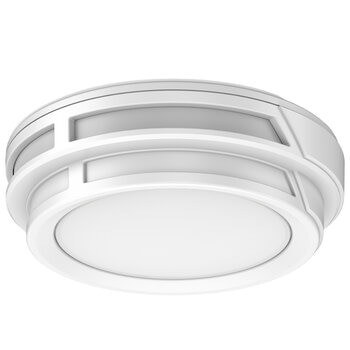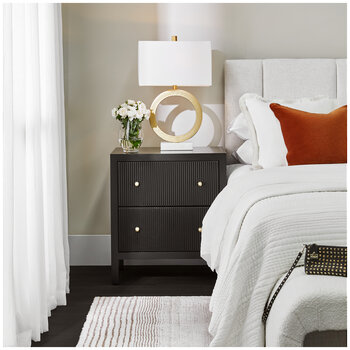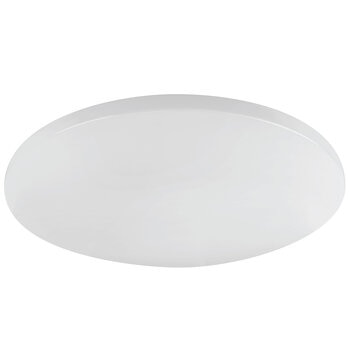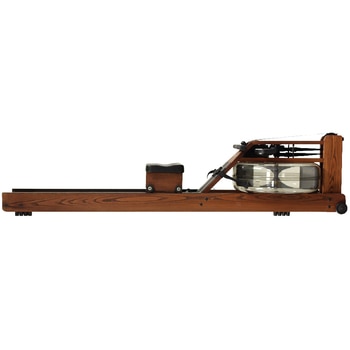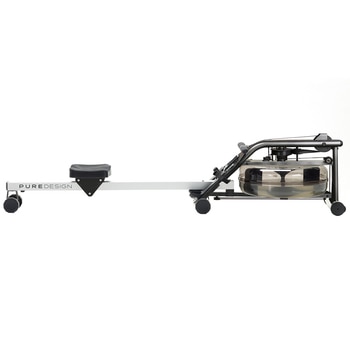Sleep is now recognised as one of the three key pillars for good health. So how can we make sure we’re getting enough rest for longevity and quality of life?
Most of us intrinsically know what a good amount of rest feels like. We feel calm and comfortable in bed, drift off easily and rise in the morning with relative ease.
But if you add a racing mind, a busy agenda or a few too many caffeinated drinks to the mix, sleep quality can quickly slide. The good news is there’s plenty we can do to ensure we get the quantity and quality of sleep we need and want. Here’s how.
Set yourself up for success
The average Australian needs between seven and nine hours’ sleep a night, and ensuring you give yourself the opportunity to get enough rest is an important starting point. “The average Australian will get around six hours of sleep a night, and while they can still function relatively normally throughout the day, serious health issues can arise down the track as a result,” says Dr Andrew Thompson, a registered doctor from telehealth service InstantScripts. “I recommend Australians focus on sleep hygiene, which includes maintaining regular sleep and wake times, aiming for eight hours of sleep each night, limiting screen time or reading a book before bed or trying medications, such as melatonin, to help normalise sleep patterns.”
When those inevitable late nights happen, try to make up for it. “If you’re not able to get seven to nine hours in a single overnight block, then try and supplement that with a half hour nap,” says Dr Moira Junge, psychologist and CEO of the Sleep Health Foundation. “Having one-off late nights is fine, but we don’t want to do it all of the time.”
Create a sleepy sanctuary
Investing in quality bedding, a decent pillow and some light blocking curtains or ear plugs can make a real difference to helping you switch off your senses. “We want to create a mental association that bed is where you sleep,” Dr Junge says. “You don’t [want to] associate bed with worry or entertainment or work or study. Just like a baby has a dummy or silky blanket for a sleepy trigger, [we want our bed to signal], ‘Ah, this is where I go to sleep now.’”
Take time to reflect
If you’re struggling to get enough hours in bed or you find your mind races once you lay down, Dr Junge says it’s worth taking a holistic look at your sleep habits. “It’s really good to review our sleep every now and then,” she says. “You might realise your boundaries are slipping a bit, with some extra caffeine or alcohol or a reduction in exercise. Are you finding ways of dealing with stress and unwinding, and minimising technology?”
Many couples find they need to maintain different sleep schedules to thrive – especially if one needs nine hours while the other is fine with seven. “Someone who gets by really well on six or seven hours’ sleep may not have much sympathy for that person who’s really struggling [without] eight or nine,” Dr Junge says. “It’s important to know that we are all different.”
Power down
Your final hours before bed can make a remarkable difference to how well you sleep. Here are some of the ways you can cue your body to switch off for the night.
1. Monitor your caffeine.
Coffee, tea, chocolate and caffeinated soft drinks can make it harder to fall asleep and stay asleep, so experts suggest steering clear for three to seven hours before sleep. Do some experimenting to find your ideal caffeine-free zone.
2. Have a tech buffer.
“Ideally handheld devices are switched off at least 30 minutes before bed to prevent overstimulation,” Dr Junge says.
3. Let go of worries.
“Try to empty your mind of all the stuff you’ve been carrying around all day [from] work and home responsibilities and tasks and jobs,” Dr Junge says. “You can do that with some journaling or meditating or reading a book so you get some distraction and rest from the worry and angst.”

